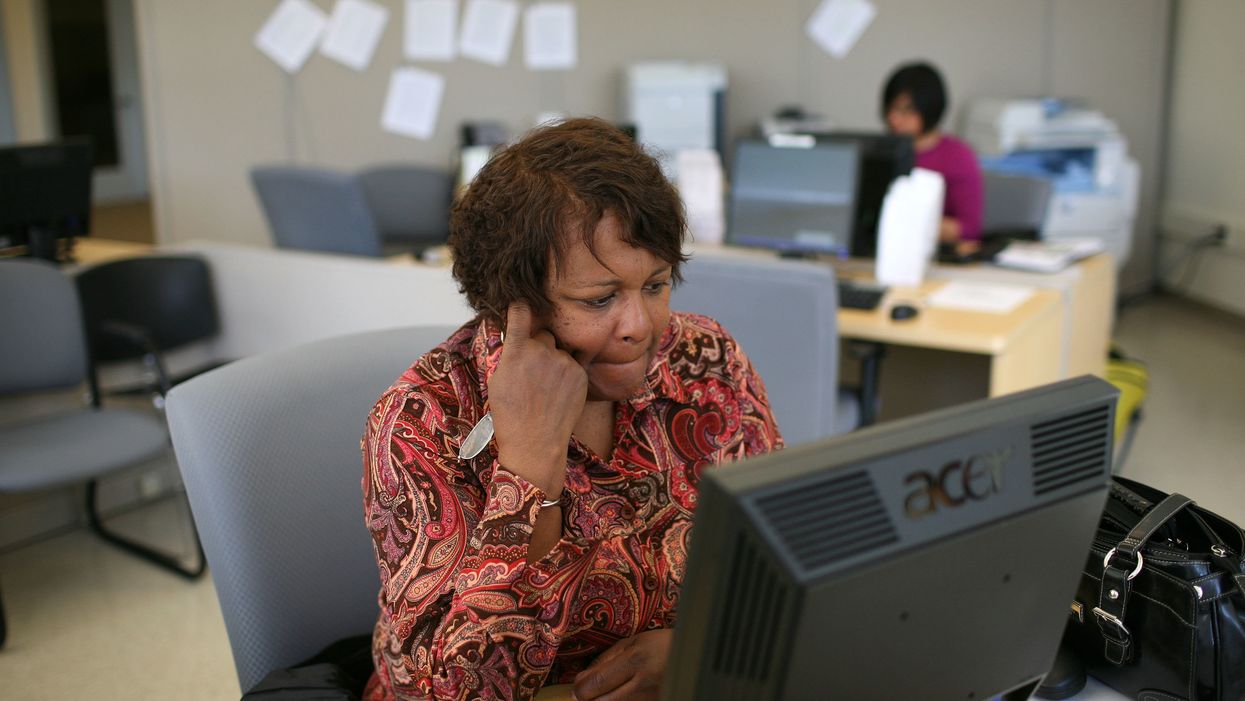Ravel is the digital deception project director at MapLight and was a member of the Federal Election Commission from 2013 to 2017. She is now running as a Democrat for the California Senate.
Five years ago, as vice chairwoman of the Federal Election Commission, I wrote a statement calling on the commission to discuss online political messaging, which was and still is completely exempt from federal campaign finance disclosure laws. While I didn't foresee exactly what would happen over the next half-decade — Russia's interference in the United States' elections, the rise of the far-right aided by social media and the proliferation of digital disinformation — I did see that political campaign communications were increasingly moving online. If left unregulated, digital media posed an enormous threat to democracy as we know it and I wanted the FEC to discuss this.
The day after my statement, another commissioner, Lee Goodman, appeared on "Fox & Friends" to argue that I was trying to "censor" free speech online. Following his appearance, my Twitter account and FEC email were flooded with misogynistic and anti-Semitic messages and death threats. One email was even signed "Heil Hitler."
Though this was my first personal experience with individuals citing the First Amendment to push back, violently, against the notion of disclosure, it was far from my last. Ever since Bradley Smith in 2001 published "Unfree Speech"— which asserts the First Amendment requires the repeal of all restrictions on campaign finance giving — the concept of free speech has been pitted against campaign finance disclosure. Just last month, Goodman called on this familiar rhetoric to argue against having an FEC symposium about online disinformation.
This argument has always been surprising to me. A core tenet I hold is the right of individuals to speak freely and engage in civic discourse. My very first case as a lawyer was defending, pro bono, the First Amendment right to get signatures on a petition. From this perspective, I have always maintained that, far from obstructing free speech, campaign finance disclosure and transparency are in fact integral to maintaining this most fundamental American right.
This view comes straight from the Supreme Court. Far from finding that campaign finance disclosure infringes on free speech, the courts have always been firm in ruling that disclosure is necessary to deter corruption, enforce existing laws and ensure voters have accurate information about electoral issues and candidates. In Buckley v. Valeo for example, while striking down many election spending limits, the Supreme Court in 1976 maintained the need for disclosure. Even in Citizens United v. FEC — the 2010 case that lifted restrictions on corporate independent expenditures in the name of free speech — the court still endorsed disclosing the sources of those expenditures. In the majority decision, Justice Anthony Kennedy noted that "this transparency enables the electorate to make informed decisions and give proper weight to different speakers and messages."
As digital political advertising continues to grow without legislative oversight, the disclosure that is so crucial to democratic decision-making is shrinking. Without disclosure, advertisers are able to target minority groups with propaganda to deliberately disenfranchise them or suppress turnout. Acting completely anonymously, individuals can program armies of automated accounts to harass other users or manipulate trending topics. Russian agents can spread viciously false propaganda to sway our elections because the regulations do not exist to catch them. None of these actions is — or ever should be — protected by the First Amendment.
Without protection against these threats, voters are robbed of the ability to give proper weight to speakers and messages Kennedy spoke about. Not knowing who is trying to influence them, or how, deprives voters of their agency and ability to decide whether a particular message or candidate resonates with them. The lack of transparency also means individuals and groups can, with greater impunity, harass and target people — frequently women and minorities — in an attempt to silence them. This form of manipulation has not been protected by the First Amendment in traditional media and it should certainly not be protected online.
Fortunately, lawmakers have proposed bills to address these problems, such as the For the People Act and the Honest Ads Act. Yet Majority Leader Mitch McConnell has stated that he will not even allow such legislation to be heard on the Senate floor. His rationale? Back to the old standby excuse: It would give the federal government too much control over Americans' political speech.
It is past time to stop raising this particular specter. When we talk about increasing transparency online, stifling free speech is not the risk. The proliferation of digital deception undermining our democracy, however, is a crisis.



















Trump & Hegseth gave Mark Kelly a huge 2028 gift